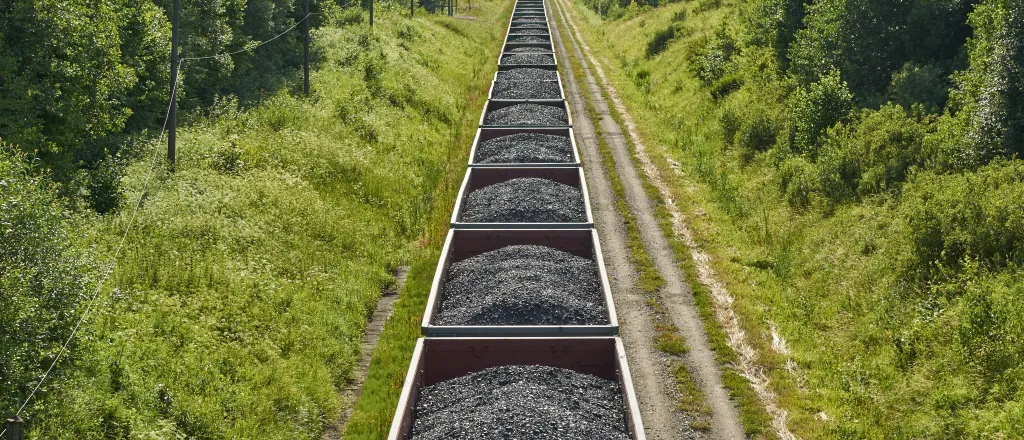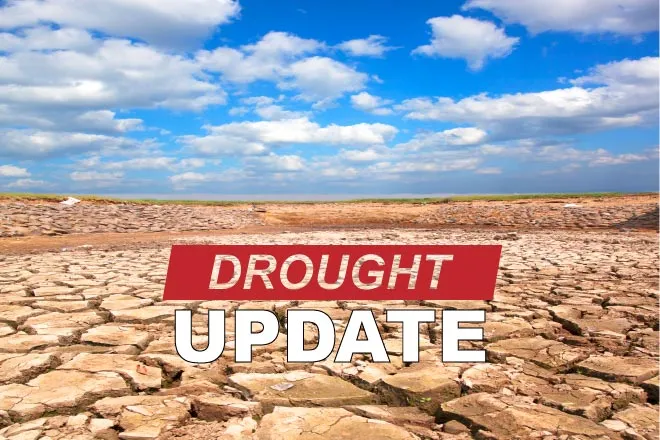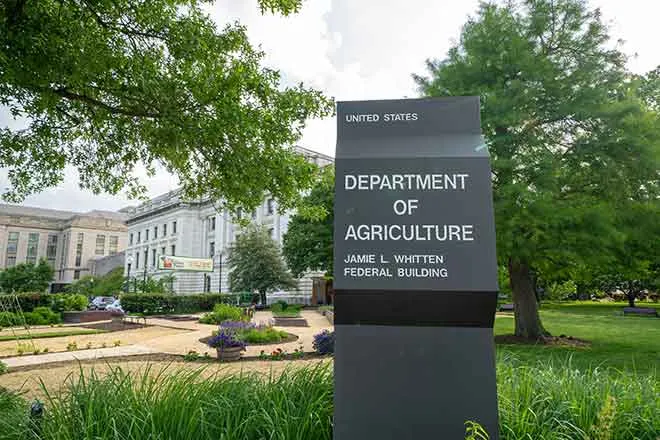
Pacificorp throws a lifeline to Wyoming coal and natural gas industry
Click play to listen to this article.
(Wyoming News Service) PacifiCorp's updated energy roadmap throws a lifeline to Wyoming's coal industry but critics said the new Integrated Resource Plan is a major setback for community health and the climate.
Rob Joyce, director of the Wyoming Chapter of the Sierra Club, said the plan would add 100 million metric tons of climate pollution by 2042. It also slashes near-term investments in cheaper wind and solar, and makes a huge bet on behalf of ratepayers to install unproven and expensive carbon capture devices on existing coal-fired power plants.

© iStock - FotoCuisinette
"To be increasing emissions, increasing investment in fossil fuels, and putting hundreds of millions if not billions of dollars towards carbon capture when we're not 100 percent sure if that is actually even going to work is really dubious," Joyce argued.
PacifiCorp, the parent company of Rocky Mountain Power, plans to extend the life of the Jim Bridger coal-fired power plant in southwestern Wyoming until 2039. The plan also pushes back the retirements of Utah's Hunter plant by at least 10 years, and the Huntington plant by at least four years. PacifiCorp said it should deliver significant near-term cost savings to ratepayers.
The plan also added more natural gas to PacifiCorp's energy portfolio. Joyce worries Wyoming ratepayers, already tapped by state lawmakers to pay millions for a carbon capture compliance surcharge, will end up on the hook.
"We're going to have to cover the costs of the volatility of new gas resources," Joyce pointed out. "The company is saying between $500 million and $1 billion per unit that they put carbon capture on. Those are all things that they pass on to the ratepayers."
Joyce noted with a looming 2030 deadline to significantly reduce fossil fuel pollution in order to avoid the worst effects of climate change, now is the time to invest big in wind and solar. He added by delaying the expansion of clean energy resources, PacifiCorp is leaving billions of dollars in Inflation Reduction Act incentives on the table.
"Right now we know that solar and wind and even battery storage are cheap and getting cheaper," Joyce emphasized. "Those are investments that the rest of the country is making to save ratepayers money."
















